Overview Of Supplements And Medications That Raise Blood Pressure
Blood pressure is the force of blood as it pushes against the blood vessel walls. According to the latest guidelines, healthy blood pressure measurements should be at least 90/60 millimeters of mercury (mm Hg) and less than 120/80 mm Hg. Blood pressure readings can be influenced by exercise, stress, sleep, medications, and supplements. In most cases, blood pressure is lowest in the morning and highest in the middle of the afternoon. Typically, it decreases in the late afternoon and evening. Anxiety and night-shift work can both increase the risk of developing high blood pressure. Patients who have borderline high readings should have their blood pressure checked by a doctor at least once a year.
Some patients may want supplements for high blood pressure. However, high blood pressure pills are only recommended when patients have readings of 140/90 mm Hg or higher. Many individuals will attempt natural remedies for high blood pressure as well. Of course, patients should talk to their doctors first. Sometimes, certain medications and supplements will raise blood pressure instead.
Caffeine
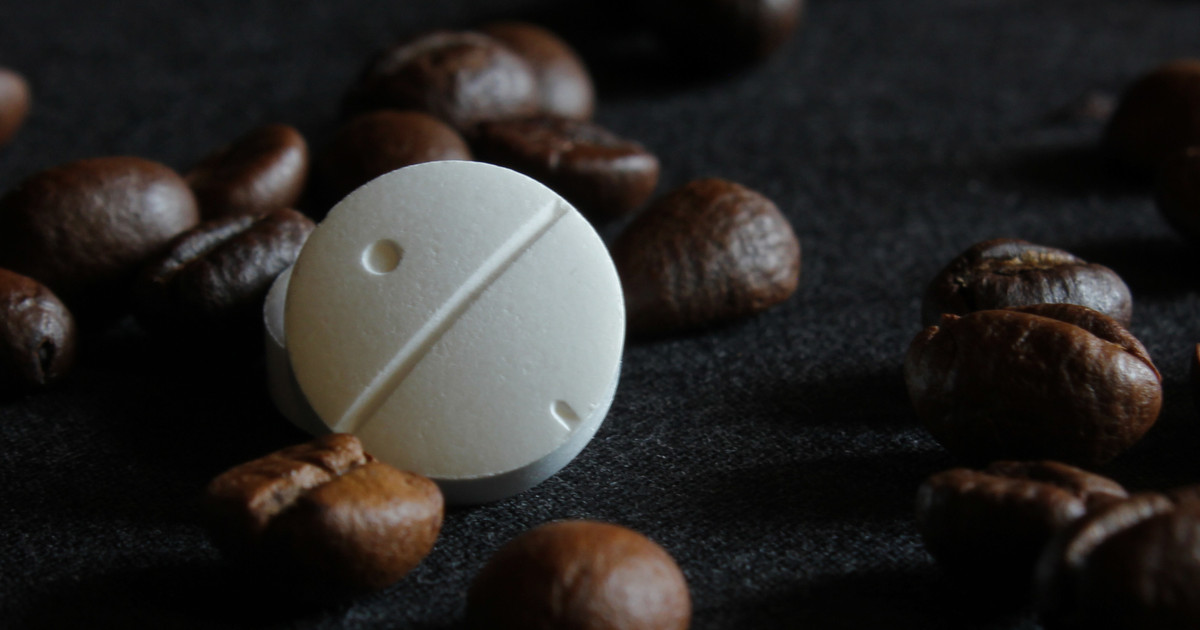
Some studies suggest that caffeine increases blood pressure in certain individuals. This applies to when it is in beverage or capsule form. Caffeine makes the blood vessels constrict, and this mechanism elevates blood pressure. Some individuals who regularly consume caffeine tend to have higher than average blood pressure measurements. However, others who consume caffeine regularly develop a tolerance for it. Thus, they do not experience elevations in their average blood pressure readings. Temporary elevations in blood pressure have been observed in study participants who consume two to three hundred milligrams of caffeine.
Researchers suggest that patients limit their daily caffeine intake to no more than two hundred milligrams. Hypertension patients should avoid consuming caffeine immediately before exercising or performing other activities that naturally raise blood pressure. Patients should check with their doctor to find out if it is safe for them to consume caffeine.
Continue reading to learn about more supplements and medications that raise blood pressure now.
Decongestants
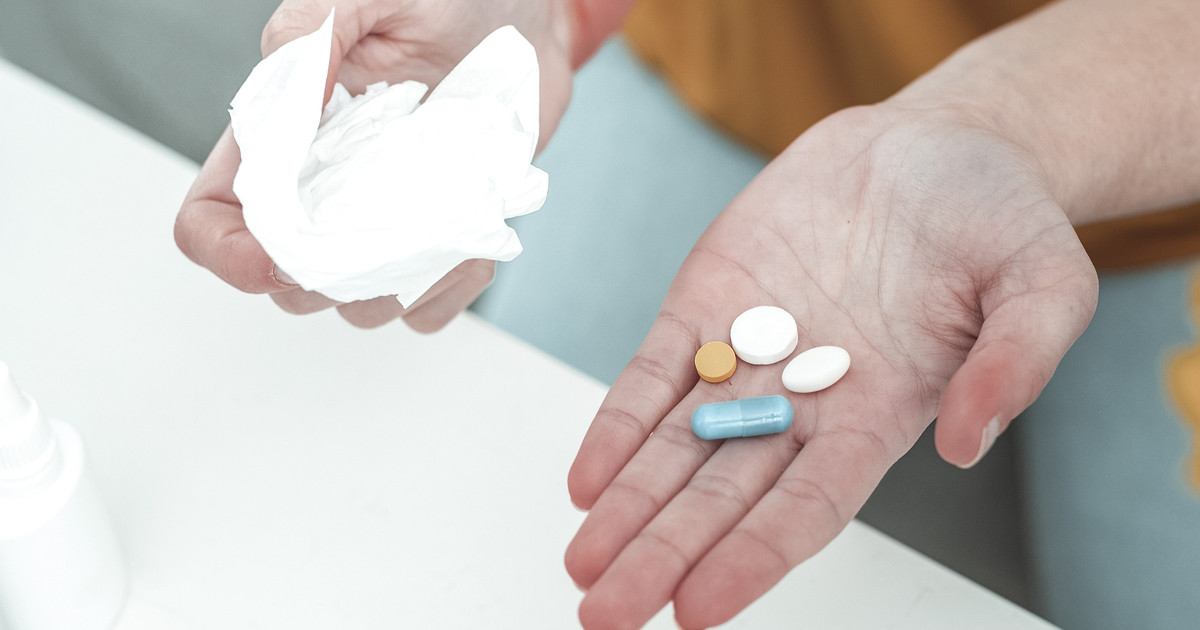
Decongestants cause the blood vessels to narrow, which increases blood pressure. In addition, these drugs may reduce the effectiveness of some of the medicines used to treat hypertension. Decongestants are available over-the-counter. They are a common ingredient in many cold and flu remedies. Patients with high blood pressure should avoid taking anything with pseudoephedrine, phenylephrine, naphazoline, ephedrine, or oxymetazoline.
Several over-the-counter cold and cough medicines do not affect blood pressure. Individuals can ask their pharmacist for help with finding these. Patients with hypertension may want to consider non-drug remedies for easing congestion and cold symptoms too. For example, using a saline nasal spray or an antihistamine could provide relief. Patients might want to try gargling with salt water or drinking hot tea. A doctor should examine individuals who have experienced congestion or cold symptoms for more than ten days.
Get more information on supplements that raise blood pressure now.
Ginseng
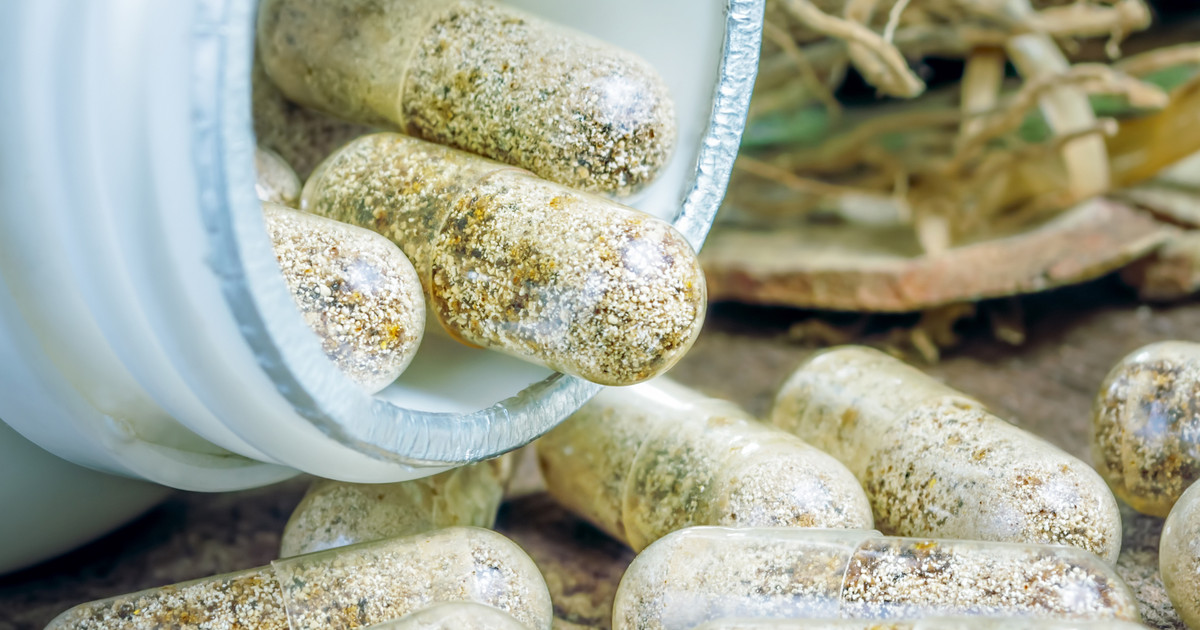
Some research suggests that ginseng increases blood pressure levels, especially when used for the first time. Doctors have advised individuals with high blood pressure to avoid using the supplement for this reason. A 2016 review and meta-analysis of clinical trials concluded that ginseng did not significantly impact diastolic blood pressure, systolic blood pressure, or mean arterial pressure. Komishon and Shishtar conducted this review. The review noted that ginseng contributed to mild improvements in systolic blood pressure readings for patients with diabetes. It also found that ginseng appeared to have neutral effects on the vascular system. They recommended that ginseng use should not be discouraged due to concerns about increases in blood pressure.
However, further research is necessary to determine if ginseng is safe for regular use in hypertension patients. Patients who have heart disease are advised to use ginseng with caution. Individuals should check with their doctor about if ginseng is safe for their overall health. Ginseng should never be used in combination with caffeine. The reason is that this may lead to dangerous increases in heart rate and blood pressure. Patients who are interested in supplementing with ginseng should ask their doctor for advice about a safe dose.
Reveal more supplements that raise blood pressure now.
St. John's Wort
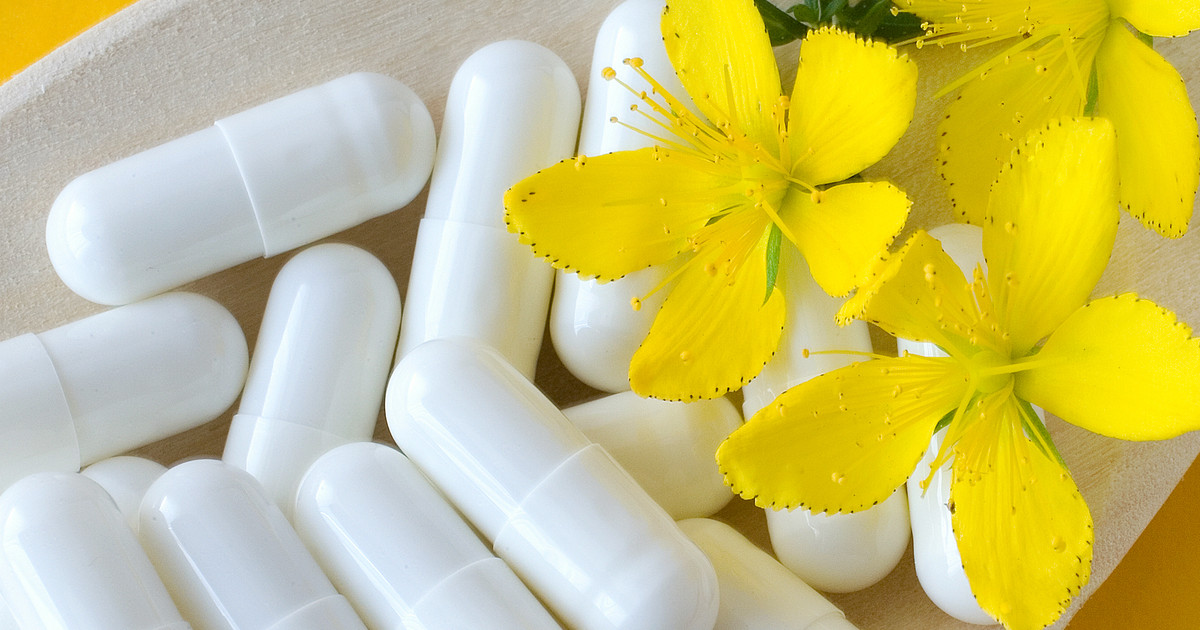
St. John's wort is an herbal supplement. While some studies indicate that it may help treat mild depression, it has been shown to increase blood pressure. Thus, it is not recommended for hypertension patients. Case studies suggest that the herb may also have dangerous effects on blood pressure in individuals without hypertension. For example, a case study of a forty-one-year-old male reported that he experienced a hypertensive crisis after using St. John's wort for seven days. The patient had followed the dosing instructions on the package, and he was not taking any other medicines. The man was admitted to the emergency room after experiencing delirium. His blood pressure was recorded at 210/140 mm Hg.
Patients are encouraged to try prescription antidepressants instead to avoid the potentially dangerous effects associated with St. John's wort. St. John's wort could cause serious side effects if combined with other medicines. Thus, patients should always let their doctor know that they are using this supplement.
Discover more medications that raise blood pressure now.
Antidepressants
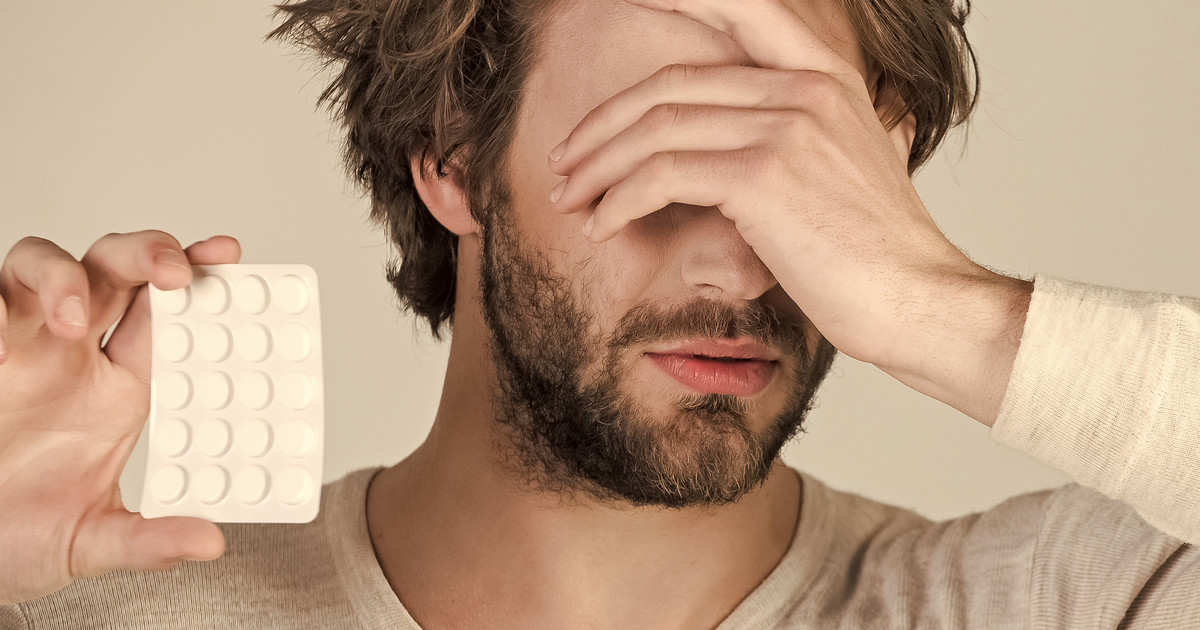
Certain antidepressants are known to cause increases in blood pressure. Fluoxetine, venlafaxine, monoamine oxidase inhibitors, and tricyclic antidepressants all have hypertension as a recognized side effect. Scientists do not fully understand why they raise blood pressure. It is thought that the medications make the nervous system more active. This may amplify the signals that the nervous system sends to the rest of the body, including the signals that regulate blood pressure.
Patients who have high blood pressure can still use antidepressants safely. However, depending on the severity of the patient's hypertension, doctors may recommend using antidepressants that do not raise blood pressure. If patients must take antidepressants that increase blood pressure, they may be given a lower dose. Individuals who use antidepressants will have their blood pressure monitored at follow-up appointments. Doctors may advise that patients monitor their blood pressure at home too.
